I recently came across this great video/podcast on Mario Ajero’s YouTube channel: an interview with pianist and piano pedagogue Dr. Julie Knerr. Both Maria Ajero and Julie Knerr are graduates from University of Oklahoma’s widely recognized piano pedagogy program. In this video, Dr. Knerr shares some of her game ideas for her group piano classes — which she holds weekly in addition to her student’s weekly private lessons — to build a variety of musicianship skills. Check it out!
httpvh://www.youtube.com/watch?v=_EbQDrLwkxo&feature=PlayList&p=F4AF6DA098C0399F&index=0&playnext=1
Most of these activities could be easily modified for use during a private lesson, music camp, studio party, and other settings. You can visit Dr. Knerr’s website at julieknerrpiano.com. She has recently been co-writing a new piano method series called Piano Safari (as mentioned back in this post) available by order via PayPal at pianosafari.com.
Be sure to also check out more great podcasts at Mario Ajero’s website, The Piano Podcast.


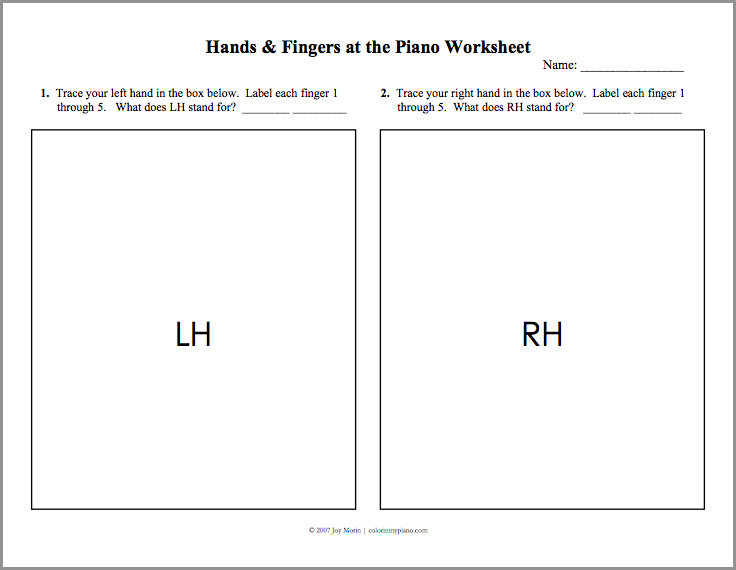
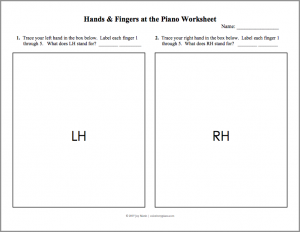
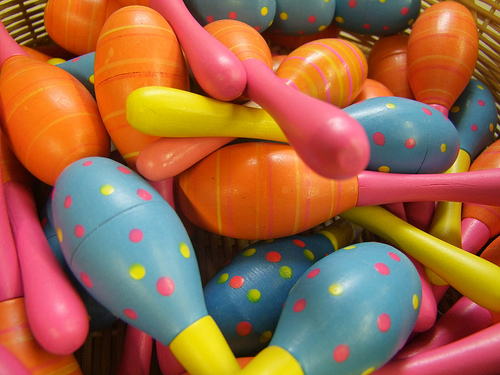
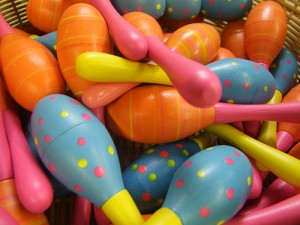 I’ve been digging around online lately, looking for early childhood music resources. (Yes, I’m sorry – I’m still on this kick!)
I’ve been digging around online lately, looking for early childhood music resources. (Yes, I’m sorry – I’m still on this kick!)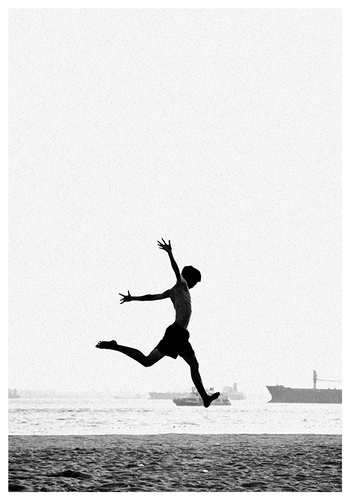
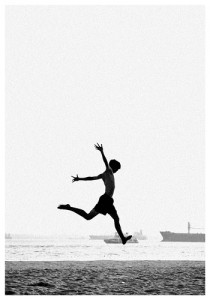 One of the reasons I’ve been
One of the reasons I’ve been 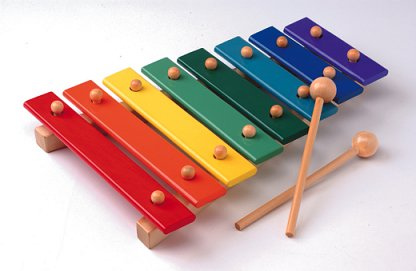
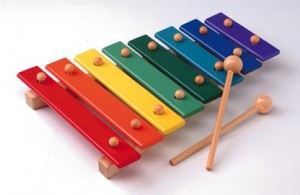 Lately, I’ve been considering offering pre-piano music classes for children and their parents — someday, when I have a private studio in my home again (Right now, I teach piano privately through my university’s community music school.). My goal in providing these classes someday is to better prepare young children (think ages 0-5, especially) for private piano lessons. So, this semester, I enrolled in an Early Childhood Music class to learn about the various methodologies (such as Orff, Kodaly, Gordon, Feierabend, etc.) for teaching music to young children.
Lately, I’ve been considering offering pre-piano music classes for children and their parents — someday, when I have a private studio in my home again (Right now, I teach piano privately through my university’s community music school.). My goal in providing these classes someday is to better prepare young children (think ages 0-5, especially) for private piano lessons. So, this semester, I enrolled in an Early Childhood Music class to learn about the various methodologies (such as Orff, Kodaly, Gordon, Feierabend, etc.) for teaching music to young children.